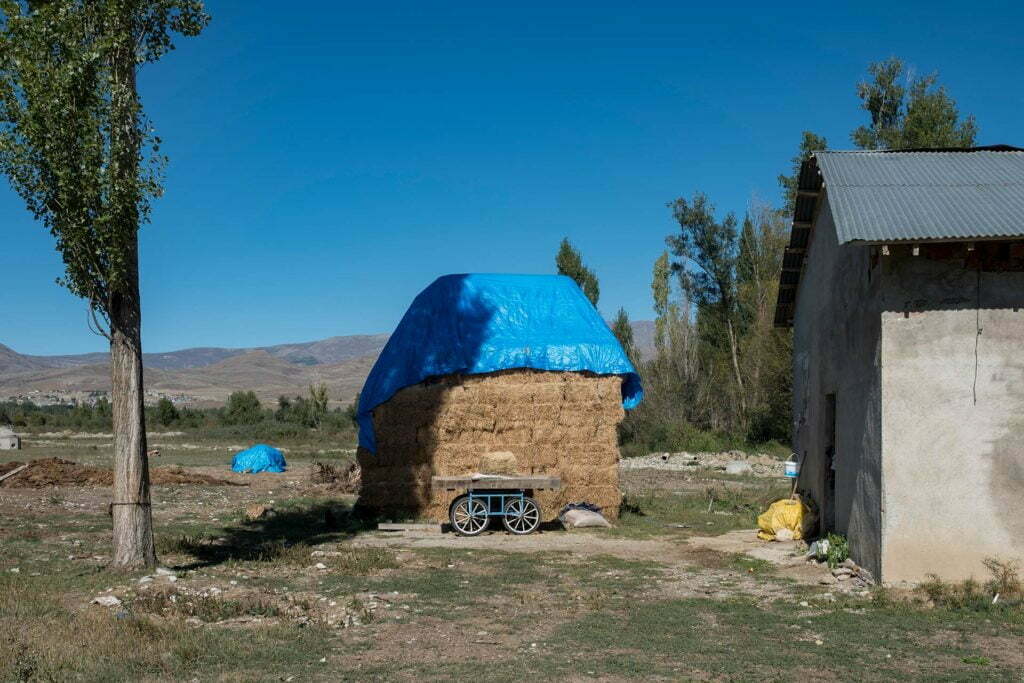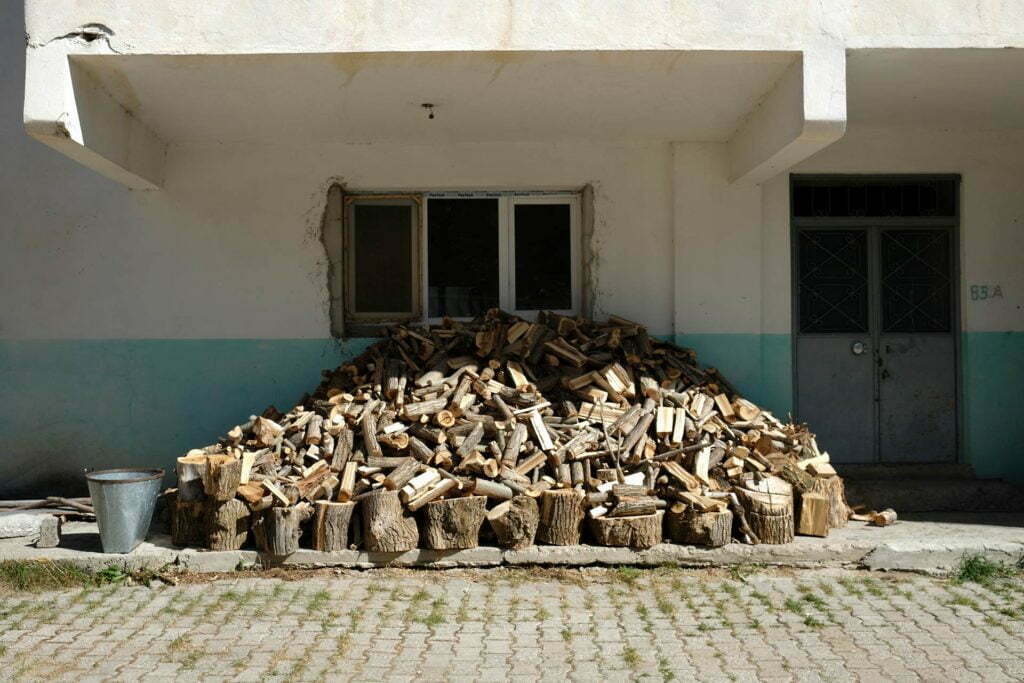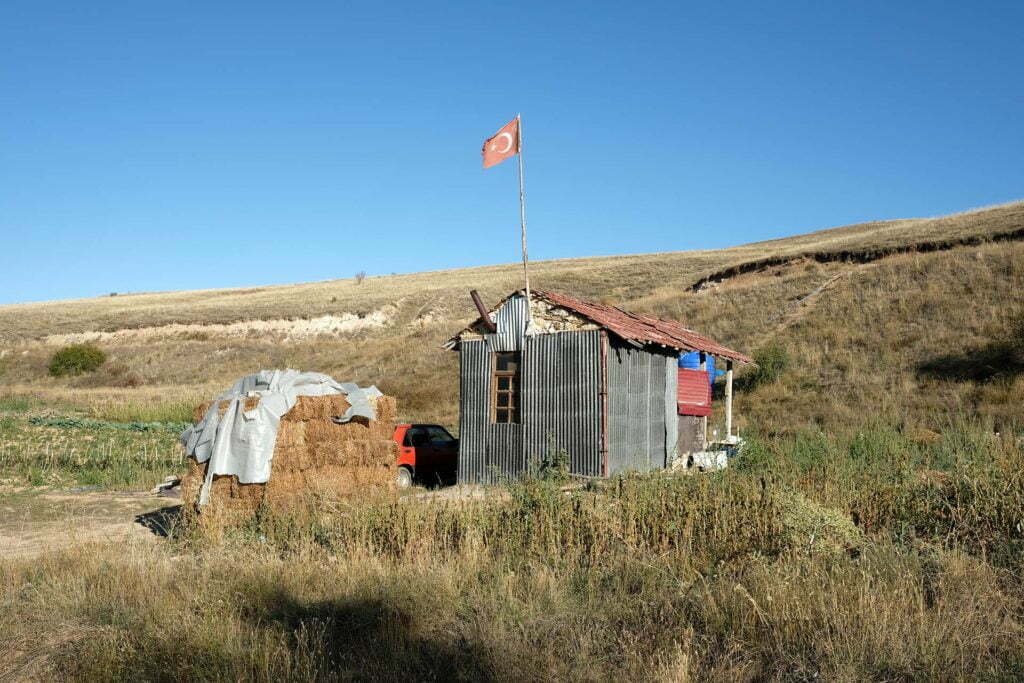AYŞE ADANALI
“The Court Has Ruled: the HEPP Project in Dikmetaş is Cancelled! A verdict has been reached in the case brought against the HEPP project planned for construction in the Dikmetaş Village.”
The true actor in these sentences full of passive constructions is our dear Hasan Abi, Hasan Çoruh. The former village head (mukhtar) of Bayburt’s village of Dikmetaş. For five years he fought to stop this hydroelectric power plant (HEPP) project planned for construction on the River Çoruh by the Bayburt Energy Trade Company (Bayburt Enerji Ticaret A.Ş.).
We met him in September 2019, as court proceedings were already on their third year. He took us almost over every inch of Bayburt, and all along the way showed us and told us one by one what they planned to build where, and what would happen if they did.
Why would anyone undertake this kind of struggle in a place where nobody heard his voice, at a time when bureaucratic hurdles created one obstacle after another, and the developments in cases that would set precedent were far from encouraging? At that time, before the court had declared its verdict, this was a question on the minds of many we spoke to in Bayburt. More than a question that called for a response, it was the reflection of a lack of belief. When speaking with people in Bayburt we would start the sentence by saying, “This court case brought against the HEPP Project,” and often we couldn’t go on. “I mean…,” “Sure, the case was filed but…,” “When you think of how much power we’re up against….” This was how people would cut us short. So, before we even got to the “how,” seeing the state of affairs, one could not help but wonder: Why had Hasan Abi brought the court case in the first place?
Why did I sue them? This project affects me directly; it affects me, my region, its people, and its life. It impacts my economic freedom. I have been striving for years. I am no longer the village head, but I’m still the one following the court case. I don’t know, will the legal authority act prudently in this case? I presented them with all the necessary arguments and evidence. I clearly explained the damage it will do to us step by step, point by point.
Hasan Abi is a sugar beet farmer. Just as most people in Bayburt, he cultivates the land. For this reason, he is all too aware that every intervention in his land and water is a direct intervention in his life. His struggle too, therefore, begins the moment the company undertaking the HEPP project first set foot in the area in 2015 for a land survey. Hasan Abi was the village head back then. He tells us how he approached the representatives there immediately and asked them what they are doing. When all he got in the form of a response was ‘HEPP project’ in an offhand mumble, he called the gendarmerie. And the survey was halted. In this interim period, Hasan Abi finds out the details of the project and starts researching its potential impacts. Once he is certain of the irreversible damages to be wrought by the HEPP project he decides to take the matter to court.
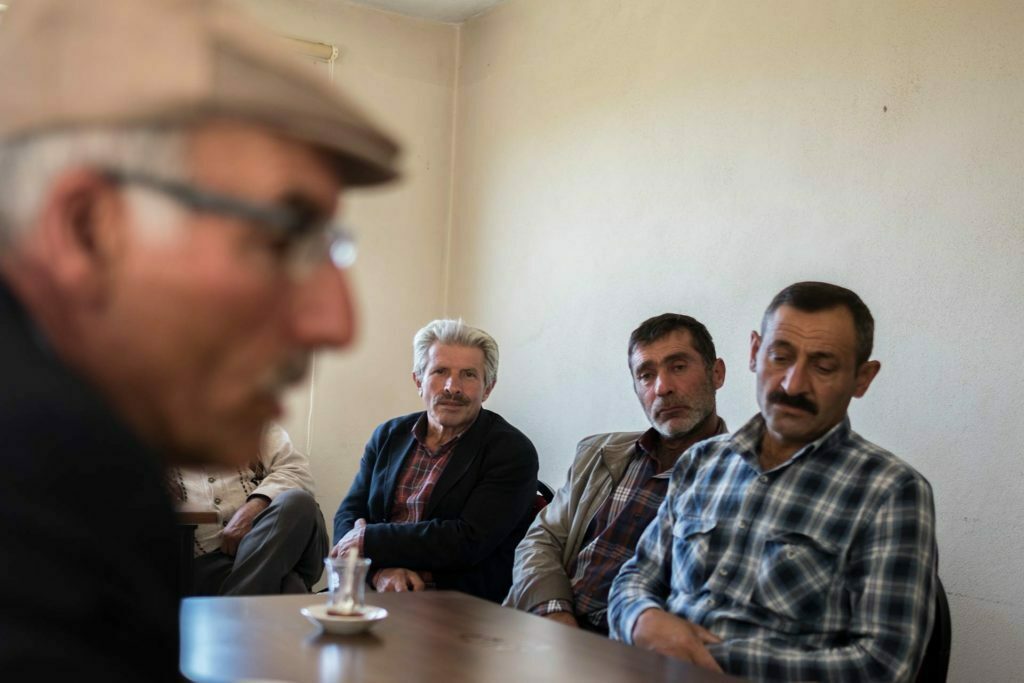
After this, he puts together a dossier containing a joint statement he prepares with mukhtars of neighboring villages and attaches the 1200 signatures he has collected. He sends these dossiers to twelve relevant institutions. He hears nothing back from Ankara. The 22nd Division of the State Hydraulic Works (DSI) Trabzon sends the project in for revisions. After a couple of small revisions, the project is approved. So Hasan Abi sues the DSI. As the court case is ongoing, “an Environmental Impact Assessment (EIA) is not found necessary,” and so the building permits are quickly issued. Yet again Hasan Abi does not stand by idly and instead sues the Ministry of Environment and Urbanization for its EIA decision.
For instance, here I am trying to sum up this process as much as possible in order to not bore the reader – for one gets tired even while reading it, right?
Yet Hasan Abi continues:
Look, the bed of the Çoruh extends for 14 km right within our village boundaries. On the left and right are 2 thousand decares of pastureland. The moment this terrain is cut off from water, the animals lose their grazing land. Water canals that were built in 1965 will be lost – and these canals irrigate 10 thousand decares of land. This HEPP channel creates a set between dry farming and wet farming areas. It splits up properties.
At this point he slams his fist down: “Why are you canceling my irrigation canal? What will happen to this landscape?”
To defend a landscape… I guess it is only possible if you really deeply know the place and environment you live in. “Turn right over there. And right again. Now go in here. Go in, go in, leave the car here. It belongs to one of our villagers, don’t worry, it’s safe.” Hasan Abi has brought us to Hayati Abi’s garden for a short break. After a brief introduction, Hayati Abi dives into his garden – with us in tow. Here we have tomatoes right off the vine, peppers of every color, grapes from a vineyard, watermelons and melons of all kinds. First, all of it is washed clean in cool water, then Hayati Abi takes a knife out of his pocket and starts slicing the fruit. We are already busy downing the fresh tomatoes and peppers crunching in our hands.
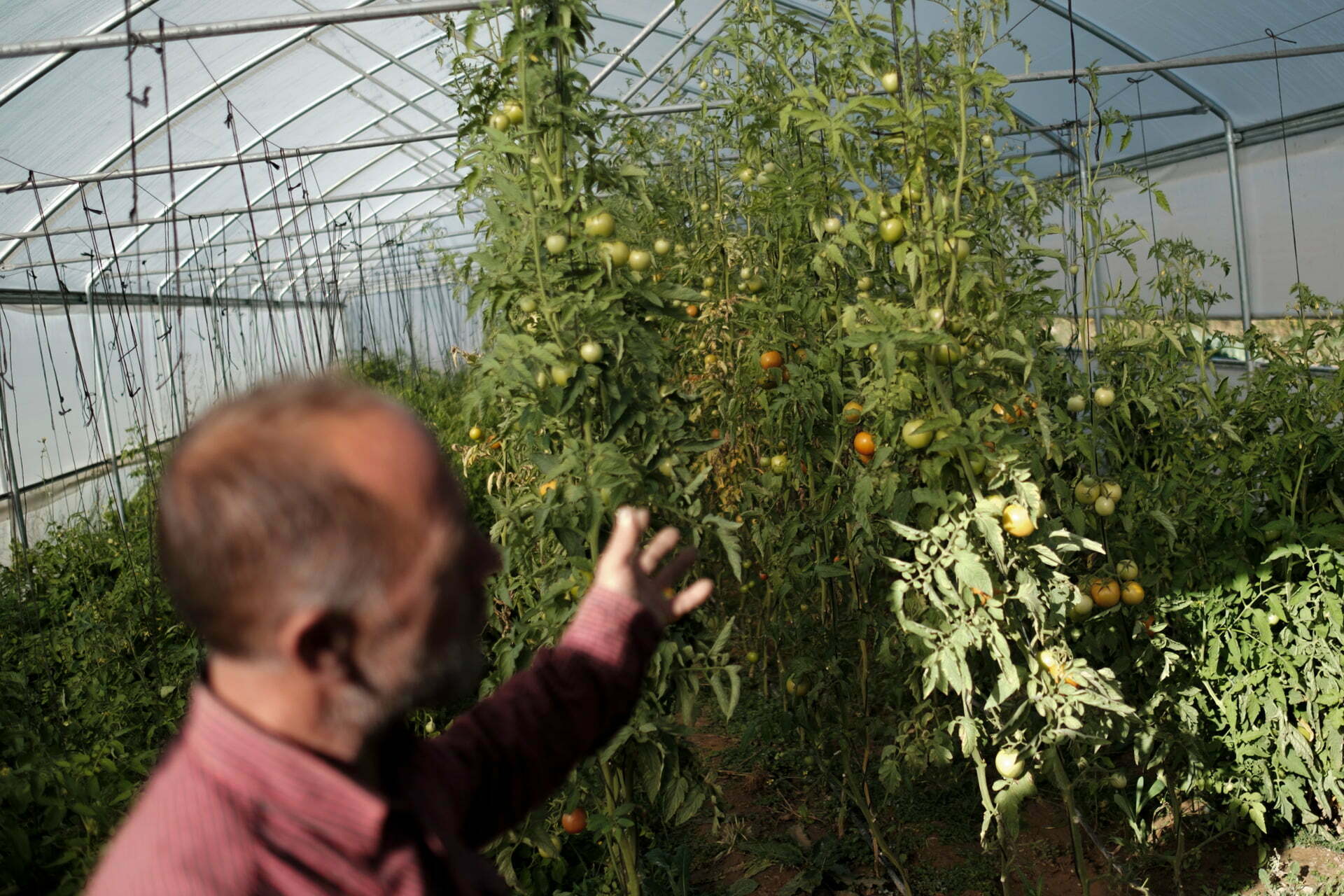
Then we find out that we didn’t just come here for a break. Hasan Abi’s garden is among those that will be directly impacted by the HEPP if it is built. He would first and foremost lose his water. Hasan Abi takes us through the experience to make us understand. First he gets us to notice the beauties surrounding us, then he has us reckon with the feeling of it all being stripped away.
Look, Bayburt is not in a place to contribute to the country’s economy. We don’t have factories here or businesses; all we have is agriculture and animal farming. There is not a single active factory. So there is no production facility that could employ 100 people or 50 people at a time. All of this population depends on agriculture and animal farming for their livelihoods. They are the ones that sustain the city too. Here they produce, and there it is consumed. If you deal a blow against agriculture and animal farming here, take away what matters most – which is their water, how will these people produce?
Have some of the melon too.
We traveled, we saw, we asked, we listened, we ate, we drank, we documented, and we recorded.
Right before he bid us farewell Hasan Abi came up to me. He asked if we would be able to share with him our drone footage and written transcriptions of the interviews we carried out with villagers who would be impacted by the HEPP. He wanted to put it into the court case:
Our only power is the law now. Justice is only possible with fair people. I hope there are prudent judges and prosecutors in this country. I believe that they will send a good team of experts to the region and reach a conclusion.
As soon as we got back we sorted through everything and sent Hasan Abi what he wanted.
Indeed, after a year and a half had gone by, the court-appointed a committee of experts to investigate the case upon hearing Hasan Abi’s defense. The committee of experts came to the area and conducted its observations, producing a report that advised that the HEPP project not proceed. The Erzurum 1st Administrative Court, therefore, announced a ruling in line with the expert report, in favor of Hasan Çoruh.
Then what happened?
Bayburt’s water and land finally found relief. Hasan Abi took a deep breath. With an unburdened mind he began attending to his land and pondering how he might cultivate better crops. Farmers thinking of leaving their village decided to stay instead. In fact, those who had already left returned in order to resume farming.
Or wouldn’t it be nice if this were the case?
The other party appealed the case to the Council of State in order to have the decision overturned. Hasan Abi gave me this news on the phone. On February 9, the Ministry of Environment and Urbanization called Hasan Abi into a meeting for an EIA report. He went, saying “Let’s wait and see, I’ll figure out what they want once I go to the meeting. They’ll probably be angling for a new EIA report.” Just as he thought, the other party is currently working to get the court decision overturned and have a positive EIA decision issued. Hasan Abi, on the other hand, is busy collecting signatures again to present them to the court. So it’s back to square one. For now, this article ends in an ellipsis – for who would dare put a full stop to it as long as Hasan Abi keeps going?
